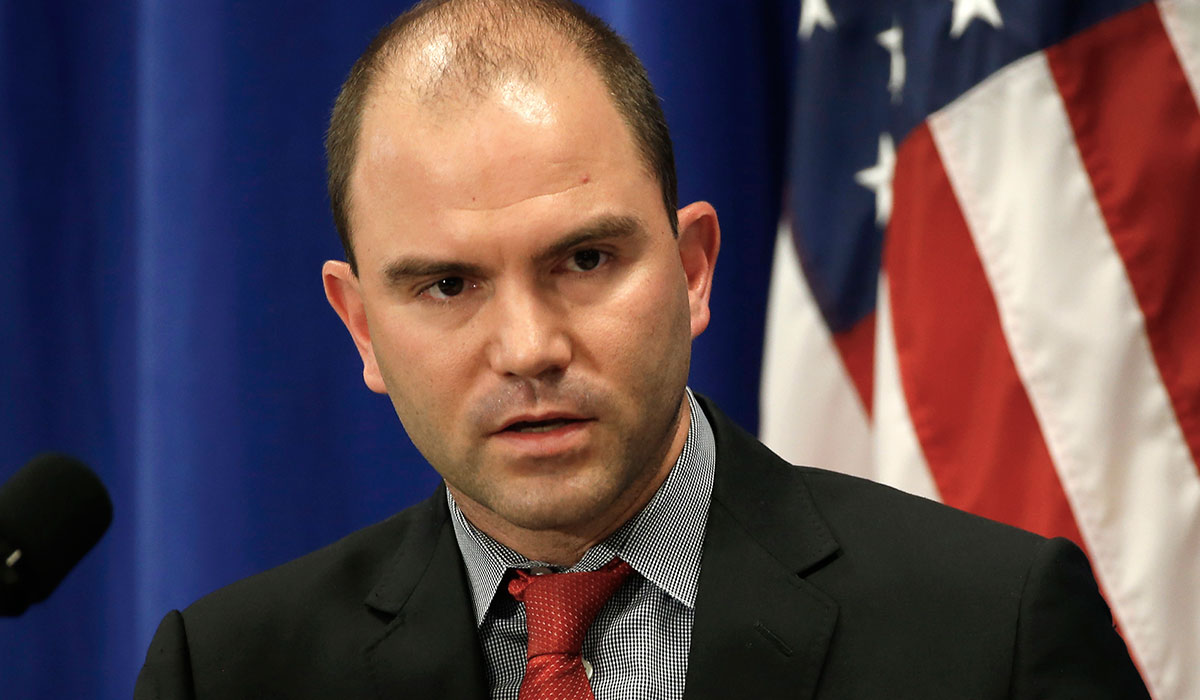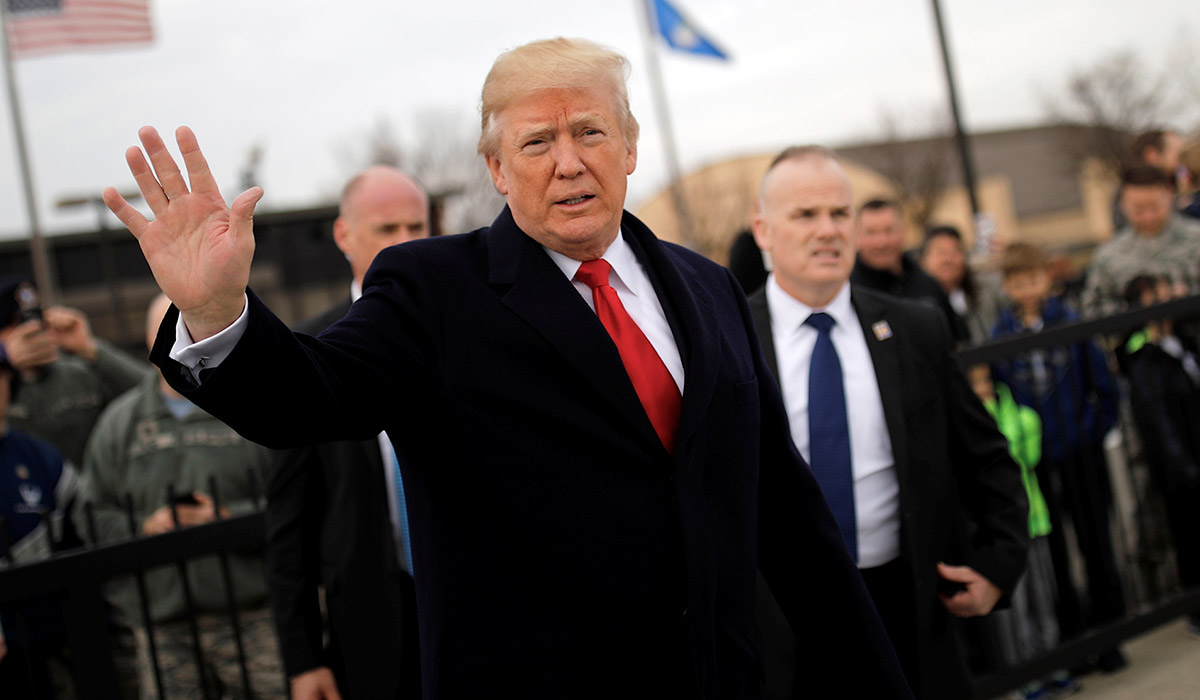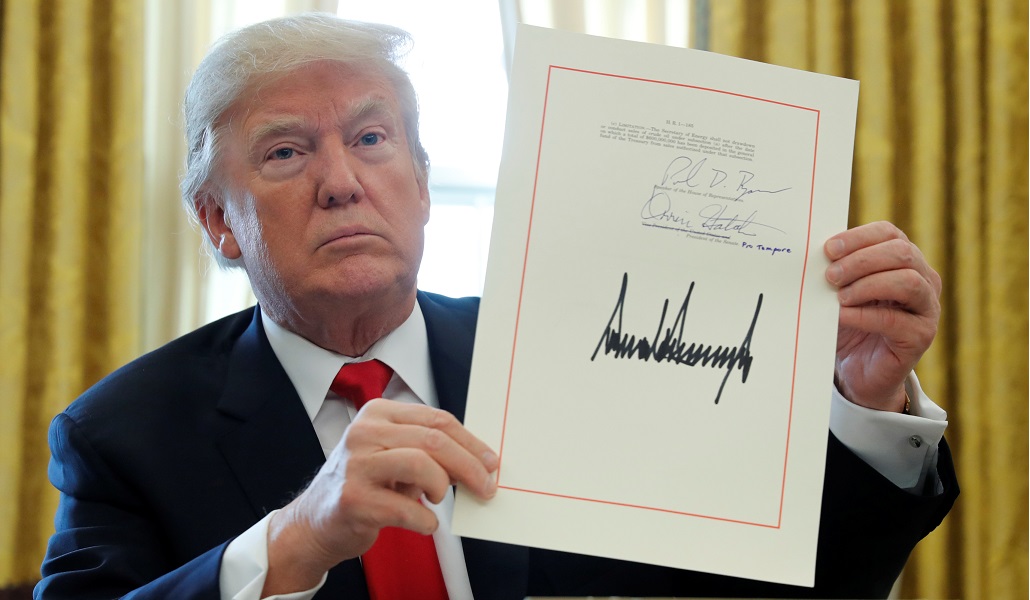This season is often a time for reading lists around here—as we look back on the year and look forward to a little time off. The best books I read this year (as in most years) were not published this year. But there were definitely some great new books too. I’ve written about some over the course of 2017—like the collection of Antonin Scalia speeches edited by Christopher Scalia and Ed Whelan, and like Tom West’s important book on the political theory of the American founding.
Here are five more favorite 2017 books, in no particular order, that I think are really worth your while to notice. This by no means makes for an exhaustive list, but it’s a start.
1. The Second World Wars, by Victor Davis Hanson. NRO readers probably don’t require a recommendation to read the latest Victor Davis Hanson book; you know it will be fantastic. But this book calls for one anyway. Even if you feel like you’ve read everything and then some about World War II, you will find a huge amount in this book that is new, fascinating, and enlightening. And more than that, you’ll find a way of thinking about how the lowliest practicalities and logistical challenges of war are connected to the highest reaches of geopolitics that will change how you think about both. This is what a great, enduring work of military history looks like.
2. Capitalism Without Capital, by Jonathan Haskal and Stian Westlake. Haskal and Westlake’s subject is “the intangible economy,” or the fact that so much of what the modern economy produces is abstract ideas rather than concrete goods. They explore a wide variety of implications of this change in our economic life, and leave the reader with a sense that economists have a lot of catching up to do, and that a lot of the economic measures we now have are terribly inadequate. Although they don’t explicitly make this point, they also helped me understand a possible cause of a trend I’ve noticed as the editor of a policy journal that publishes lots of economists: that much of the best and most creative academic work now being done in economics is happening in business schools and not in traditional economics departments. The intangible economy has more to do with what business schools take themselves to be teaching than what other academic economists take themselves to be doing. This book isn’t light reading, but it’s superb and important.
3. Grant, by Ron Chernow. If you’ve read Chernow’s biographies of Hamilton and Washington, you’ll know what to expect here—a massive volume packed with detail but held together by a gripping narrative arc. This book isn’t going to be made into a Broadway musical, but it’s wonderfully written, and Grant’s story is just amazing. Chernow’s book is not as deep as Ronald White’s biography of Grant, American Ulysses, which came out just last year and which uses its subject to really dive into the question of character in politics. But Chernow offers greater breadth and an eye for the telling detail.
4. The Odyssey, translated by Emily Wilson. Homer’s Odyssey isn’t exactly a 2017 book of course, but this new translation merits mention. I came to read it by a peculiar route: I heard a friend complaining about it and thought it sounded like something I would really enjoy. And with respect for my old friend (who was very amused by this) I really did. Having last read the Odyssey as a graduate student (with the great James Redfield), I was more than ready to meet it again, and Wilson’s intensely paced rendering is spectacular. I don’t read Greek, and so can’t vouch for its precision and accuracy, but this translation is light and full of passion in a way that helps make sense of what those who do read Homer in the original have to say about his language. Wow.
5. The Policy State, by Karen Orren and Stephen Skowronek. Orren (of UCLA) and Skowronek (of Yale) are founders of the field of American political development and two of our best political scientists. In this book which draws on work they’ve done together for decades, they interrogate the implicit premise of much of our politics—that public policy is what government exists to do. That the claim might seem obvious now is itself a mark of how much things have changed in American political life. But as they expertly show, it certainly would not have always been obvious. Some older (if still thoroughly modern) ways of understanding the purpose of the state—as existing to protect rights or to carefully structure the relationships of competing power centers—have been replaced over time by an idea of the state as a developer and implementer of “policy.” Wherever you start out in our politics, this book will turn your sense of things sideways and make you rethink deeply held assumptions. It’s a model of what political science could be, but so rarely is, and proof that describing something as an academic book doesn’t have to be an insult.
None of these five books is about “the age of Trump” or the like. I don’t think we have seen a great book on that subject yet. Maybe it’s too soon, and surely there are many to come from all corners. But all five of these books take up enduring questions that are as relevant as ever.























